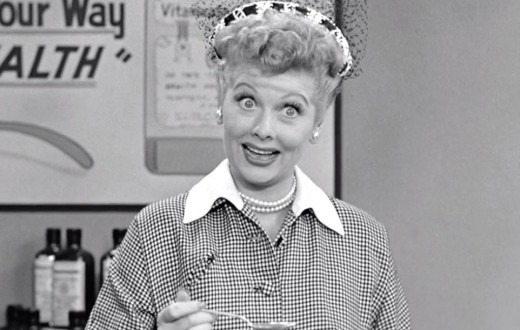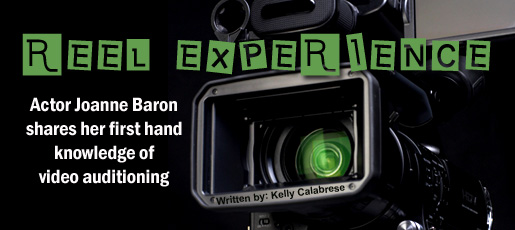When singer Billie Eilish opened up in interviews with David Letterman and Ellen Degeneres about how her Tourette Syndrome, a tic disorder, has affected her life and career, she probably brought the condition mainstream to a younger generation.
Tourette Syndrome is a neurological disorder that is characterized by tics — involuntary, rapid, sudden movements or vocalizations. What many don’t realize is that there are different types of tic disorders, and that people can live relatively normal lives with them.
The first time I heard of Tourette’s (TS) is when Anne Heche was on the television series Ally McBeal. She played the character of Melanie West who was accused of being responsible for an accident that killed her boyfriend, but her defense was that an involuntary tic caused the accident.
So when I learned that approximately 1.4 million people in the United States suffer from tics, I was curious as to actors who have tics and how they handle work… because surely if you’re having a tic during a rehearsal or performance, it can throw the whole thing off.
Before we get into how actors handle their tic disorders, here’s a quick list of celebrities with the condition: Dan Aykroyd, Dash Mihok (from Ray Donovan), Marc Summers (Nickelodeon’s Double Dare), soccer player David Beckham, music composer Wolfgang Amadeus Mozart, Joe Black (Drag Queen from RuPaul’s Drag Race UK), Howie Mandel and Seth Rogen.
How to Handle Your Tic Disorder When on Set
If you’ve had a tic disorder for a while, it eventually becomes a part of your normal life – so it may not even occur to you to tell the people you work with that you have this disorder. It may be alarming to others the first time they see you tic. See this clip of Billie Eilish on David Letterman, as mentioned above.
When you have a tic disorder, acting can be difficult. You have to be in control of your body and your movements at all times while still being able to focus on your performance.
Here are some tips on how to handle your tic disorder when you’re on set:
– Stay calm and relaxed. If you’re feeling stressed or anxious, your tics may likely get worse. Take a few deep breaths and try to focus on the task at hand.
– Keep your mind occupied. If you’re constantly thinking about your tics, they’ll become harder to control. So instead, focus on your lines or the scene you’re in. If you can stay focused on what you’re doing, it’ll be easier to keep your tics under control.
– Tics can manifest if you’re with other people who tic. So if you’re near a person who starts to tic, it may bring out your tics. Just something to be aware of.
If you’re an actor with a tic disorder, chances are you’ve been hiding it, even if unintentionally, from your co-workers. But at some point, you may need to tell them.
 How to Share Your Tic Disorder Condition With Your Co-Workers
How to Share Your Tic Disorder Condition With Your Co-Workers
1. Educate yourself about your disorder. The more you know, the better equipped you’ll be to explain it to others.
2. Choose the right time and place to tell your co-workers. You don’t want to do it in the middle of a chaotic scene or during a break in filming.
3. Be direct and honest about what you’re dealing with. Let them know that you have a tic disorder and that it’s something you’re working on managing.
4. Reassure them that your disorder doesn’t affect your ability to do your job.
Actors with tic disorders have to contend with a lot of challenges, both in their personal and professional lives. However, they often find that the rewards outweigh the challenges. They are able to use their disorder to their advantage, by channeling it into their acting. In a way, this gives them an edge over other actors who don’t have tic disorders.
If you know someone with a tic disorder, be sure to be understanding and supportive. If you’re an actor with a tic disorder, or have worked with someone with the condition, we’d love for you to share your story at DirectSubmit from NYCastings!







